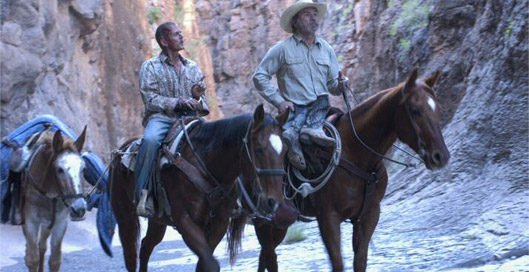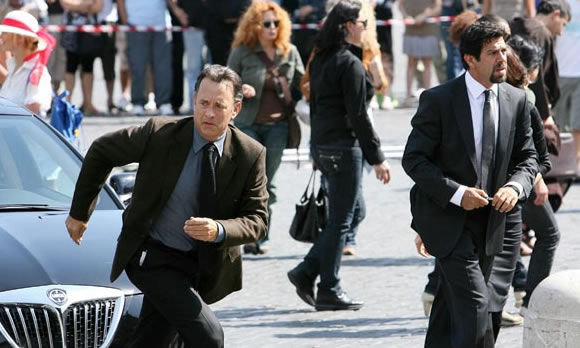Five News Stories You May Have Missed, or Just Can't Wait for my Analysis:
1: Miss California's Human Rights
It needs to be stated clearly that Carrie Prejean's constitutional freedom of speech right was not infringed, no matter what she may think, when people criticised her for opposing same sex marriage. It may have been an unpleasant few weeks at the hands of commentators who disagree with her, but her rights have not been challenged.
Her constitutional freedom of speech right refers only to whether or not Congress can make laws that stop people from expressing themselves. There is a huge difference between this and the potential for not being allowed to maintain her position in a rather archaic precursor to American Idol. BUT - she's 21, new to the public eye, and should not be made into the scapegoat for the country's current paroxysms over sexuality. And I don't think Satan had anything to do with why Perez Hilton asked the question. If we really want our national conversation about questions of relational justice to be monopolised by gossip bloggers and glamour models, then I suppose we can't complain.
2: Death Humour
Wanda Sykes crossed a line at the White House Correspondents' dinner when she wished death on Rush Limbaugh. This matters. It also matters that the White House Correspondents are so friendly with the President that they take him out to dinner every year. This matters more. But this week it was revealed that the CIA may have misled the current Speaker of the House about the use of torture against detainees. This matters even more. Let me say it again. Or perhaps I don't need to.
3: Nancy Pelosi's Truth Commission
On a related note, Nancy Pelosi could probably benefit from studying the history of what she calls 'truth commissions'. The name is far too emotive, it implies that Republicans were lying to Democrats and everyone else rather than acknowledging the bi-partisan nature of the bad decisions made in recent years, and evokes superficially-remembered notions of the South African Reconciliation experience. If Speaker Pelosi really wants a meaningful investigation into the post-9/11 tactics that she helped approve, it would be helpful to use more helpful terminology, such as 'Commission of Inquiry'. More than that, let's put everything on the table, not merely what Bush, Cheney and Rumsfeld planned from September 12th onward. There's a much longer story about how we deal with the past that needs to be opened up - and it's unlikely to come in the form of legal hearings. There is a serious conversation to be had about US national identity, the intrepretation of patriotism, and the interdependence of the planet. A culture of denial has become the default - even Speaker Pelosi seems as if she's not saying everything she knows. It's going to take more than congressional hearings to change that.
4: British MPs and expenses claims.
These stories are important and amusing but also getting a bit wearing. Though I have to admit that the story of the guy who charged rent to another MP while also claiming for the mortgage on the property has a certain flair. At the same time, Gordon Brown, a serious and compassionate man, whose commitment to such vital matters as poverty in Africa is probably unmatched by any other Western prime minister, has had the substance of his agenda hijacked by the expenses scandal and other more trivial stories. He may now have entered the last few weeks of his premiership as a result.
So, changing the system in favour of one in which the public hold their elected representatives to account through an independent system isn't a bad idea. But bringing down one government in particular because of the behaviour of politicians in general is.
5: Glenn Beck as Falwell's successor.
On Wednesday I heard Glenn Beck's radio show, during which a sweet-sounding woman called in to let Glenn know that she was praying for him, as he takes his stand against all the enemies of what appeared to be defined as crypto-fundamentalist privatised capitalism dressed up as the suffering way of the Cross. She implied some rather unpleasant suggestions about the Obama administration, and particularly her view that our President might have friends in very low places. And Glenn Beck responded, not by telling her how outrageous and absurd her suggestions were, but with a mysterious sentence or two about things he has seen and heard that he doesn't want to talk about just yet; ambiguous enough to the naked ear, but clear enough to the faithful dispensationalist Christians in his audience: Glenn Beck wants his audience to think that Obama is the antichrist.
I never previously thought that boorish + FoxNews = the latest in a long historical line of people predicting the end of the world and identifying Satan's representative on earth. Well, if I'm honest, I did think that. But I had always pegged Beck as a nothing more sinister than a not very funny political satirist. Wednesday's show left me wondering if he is not actually the natural heir to Hal Lindsey and Jerry Falwell, whose playbook owes more the 'Left Behind' novels than Ayn Rand. This is getting mysterious.
 I took another look at Tommy Lee Jones' directorial debut 'The Three Burials of Melquiades Estrada' at the weekend - I was struck on my first viewing three years ago at the level of craft and understanding of how to tell a story, not to mention the meaning of the story it's trying to tell: one of how America (or any other protagonist) needs to grow up. This time round, I was even more astonished - this film is so knowing about human relationships, loneliness, the power of economics to kill or liberate, and so delicate in its handling of what could otherwise have been either a horror film or a zombie comedy.
I took another look at Tommy Lee Jones' directorial debut 'The Three Burials of Melquiades Estrada' at the weekend - I was struck on my first viewing three years ago at the level of craft and understanding of how to tell a story, not to mention the meaning of the story it's trying to tell: one of how America (or any other protagonist) needs to grow up. This time round, I was even more astonished - this film is so knowing about human relationships, loneliness, the power of economics to kill or liberate, and so delicate in its handling of what could otherwise have been either a horror film or a zombie comedy. Our Film Talk
Our Film Talk